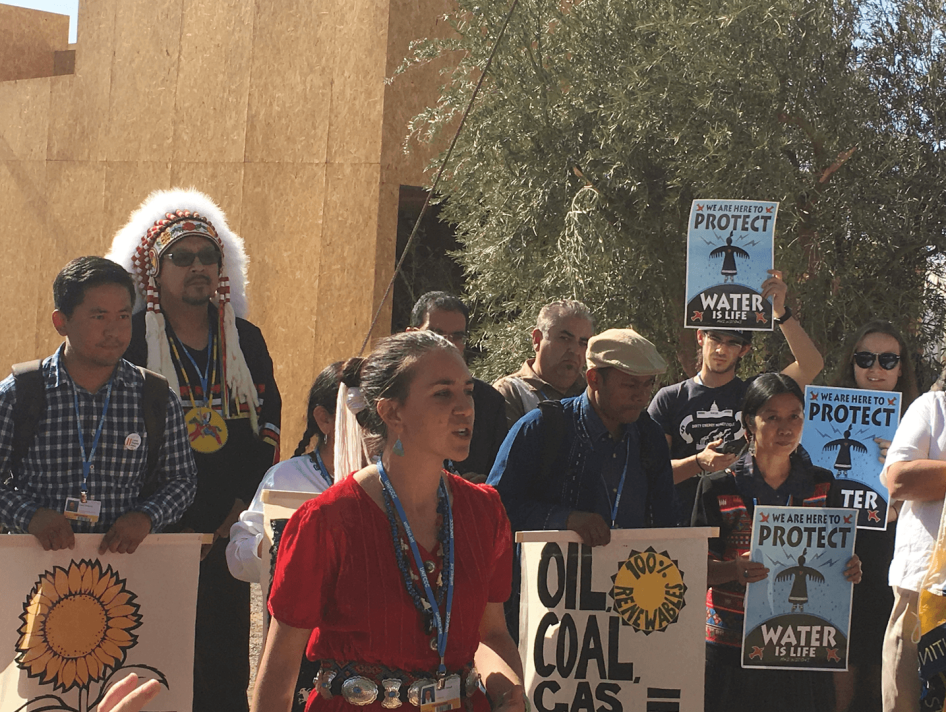When countries met in Paris last year for landmark talks on climate change, they made a commitment to consider the impact of climate policies on the rights of individuals most immediately affected by climate change. That commitment has faced a major test at the climate talks here in Marrakech over the past two weeks.
So how did it go? Climate negotiators have often been hesitant to focus on human rights in making policy. But despite the slow pace of negotiations and worry about plans of the new US administration, there have been some small but significant discussions and commitments on this issue here – some encouraging steps.
On Tuesday, the president of Chile, three national environment ministers, the head of the UN climate change office, the UN human rights office, and various nongovernmental groups came together in a packed room to discuss how human rights could become more central to climate policies. President Michelle Bachelet of Chile stated that “[s]olving the climate problem cannot be done at the expense of the human rights of people” and called for urgent action to protect children from air pollution.
Activists emphasized the need to protect environmental human rights defenders, who face threats and violence in many places. And ministers from Costa Rica, Belgium, and Luxembourg said that human rights considerations should not only be integrated into the global response to climate change, but that countries need to make sure that the voices of affected groups are heard at the national level.
Human rights were also taken up in official negotiations and decisions for the “rule book” for the Paris Agreement. For example, in this week’s decisions on “capacity building” governments referenced human rights in their plans to support each other to increase domestic knowledge and expertise. Countries also discussed whether human rights considerations should be included in reporting guidelines for their Nationally Determined Contributions, the national climate change action plans, as a way to encourage governments to ensure that their climate actions at the national level respect, protect and fulfill human rights.
Human rights activists, women’s rights advocates, and indigenous peoples can celebrate these small victories. But bolder commitments to human rights will be needed at the international and national level. The lives and livelihoods of those who are most affected by prolonged droughts, extreme weather events, and rising sea levels will depend on it.










